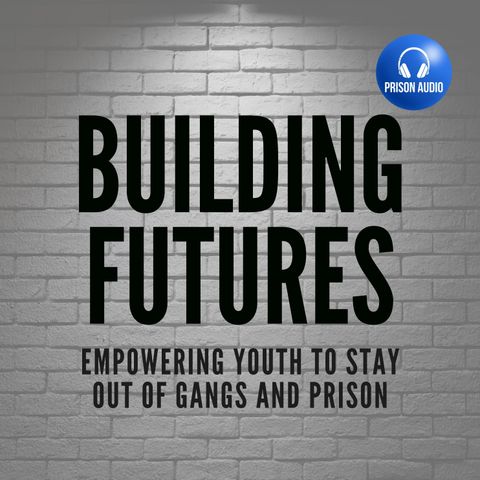Strengthening Resilience and Coping Mechanisms

Download and listen anywhere
Download your favorite episodes and enjoy them, wherever you are! Sign up or log in now to access offline listening.
Strengthening Resilience and Coping Mechanisms
This is an automatically generated transcript. Please note that complete accuracy is not guaranteed.
Description
Hey there, warriors! Today, we're diving deep into the art of resilience and coping. Life throws curveballs, but you've got the power to bounce back stronger. Let's dive into some...
show more- Deep Breaths: When stress hits, take a moment to breathe deeply. It's a quick way to calm your nerves and reset your focus.
- Mindfulness: Practice being present in the moment. Mindfulness helps you manage stress by focusing on what's happening right now.
- Stay Active: Physical activity isn't just for your body – it's a stress-busting tool for your mind too. Move your body and let those endorphins flow.
- Healthy Habits: A balanced diet, good sleep, and regular exercise build a strong foundation for resilience. Take care of your body, and your mind will follow.
- Hobbies and Passions: Engage in activities you love. Whether it's painting, gaming, or playing an instrument, hobbies provide an escape from stress.
- Seek Professional Help: If you've experienced trauma, consider seeking help from a therapist. They're trained to guide you through the healing process.
- Talk It Out: Don't keep your feelings bottled up. Confide in a trusted friend or family member – sharing your thoughts can lighten the emotional load.
- Create a Supportive Network: Surround yourself with people who lift you up. A strong support system can help you navigate difficult times.
- Practice Self-Compassion: Treat yourself with kindness, especially when you're struggling. You deserve your own empathy and understanding.
- Art and Expression: Sometimes, emotions are too big for words. Express yourself through art, writing, or any creative outlet that helps you heal.
- Break the Stigma: Mental health is as important as physical health. Let's break the stigma and encourage open conversations.
- Know the Signs: Educate yourself about signs of mental health struggles – in yourself and others. Early intervention is key.
- Supportive Conversations: If someone you care about seems down, ask how they're really doing. Sometimes, a caring conversation can make a huge difference.
- Professional Help: If you're struggling, don't hesitate to reach out to a mental health professional. They're here to guide you to a better place.
- Self-Care Routine: Create a routine that nurtures your mental health. It could include journaling, meditation, or just taking time to relax.
Information
| Author | Prison Audio |
| Organization | Prison Audio |
| Website | - |
| Tags |
-
|
Copyright 2024 - Spreaker Inc. an iHeartMedia Company
